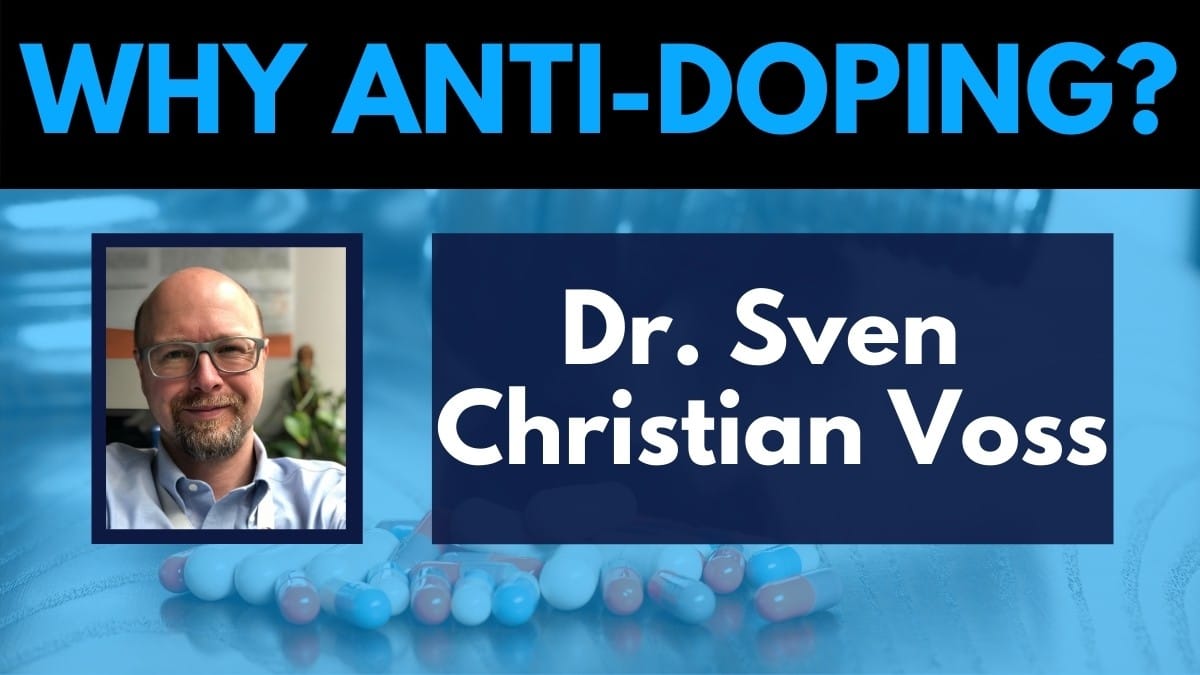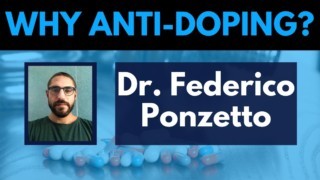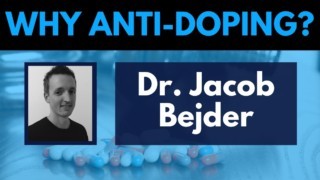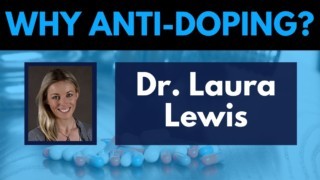Clean sport research can be incredibly rewarding, but you don’t have to take the Partnership for Clean Competition’s word for it. Researchers in the anti-doping space bring a lot of passion to their work. We decided to let them explain what makes the field so compelling in their own words.
Dr. Sven Christian Voss is a Section Head at the Doping Analysis Lab at Anti-Doping Lab Qatar in Doha, Qatar.
How would you describe your work to someone unfamiliar with the field?
I am currently working at the WADA-accredited anti-doping lab in Qatar as a Section Head for what we call the Biological Section, which also includes the role as APMU Passport Manager for the hematological module. I have now been in the anti-doping field for 20 years and my expertise is mainly in EPO, growth hormone, blood doping and the biological passport. My research in these areas is focused mostly on confounding factors, method development and ways to improve existing methods. Currently, I am performing a WADA-sponsored project on microparticles/extracellular vesicles as potential markers for the detection of autologous blood transfusion.
Why are you drawn to anti-doping?
I was a competitive 200m and 400m runner, and the first time I came into contact with anti-doping was during school time when reading an anti-doping education book created by the German Athletics Federation. I found the field fascinating, and I also remember the book “Doping” by Brigitte Berendonk, which described the illegal drug program run by the former German Democratic Republic in great detail. It further deepened my interest in anti-doping.
During my university time I was so lucky to be employed by the Cologne Anti-Doping Lab in Germany, where I worked for eight years and conducted my PhD under Prof. Wilhelm Schaenzer. The team in this lab is just amazing, and it is hard to not get drawn to this field when you work there for a while.
What I like about the anti-doping field is that it is constantly evolving and that research is very applied. The required quality and the legal framework in which our work takes place makes it so special.
Why should scientists in related fields take a look at contributing to anti-doping?
The area of anti-doping offers an environment which combines sport, the latest analytical technology and work in a multi-disciplinary team. I believe that especially analytical geneticists and bio-statisticians could significantly contribute to the fight against anti-doping, as these are specializations which are currently a bit underrepresented in our community but probably become very important in the future.
Would you like to help spread the word about anti-doping research by answering these questions for our next post? Know someone you’d like to hear these answers from? Tweet at @PCCAntiDoping or email Communications Director David Kumbroch at dkumbroch@cleancompetition.org to nominate someone.




